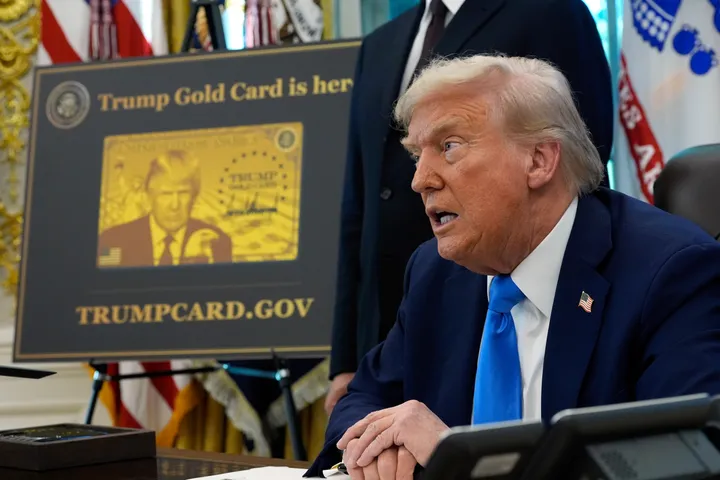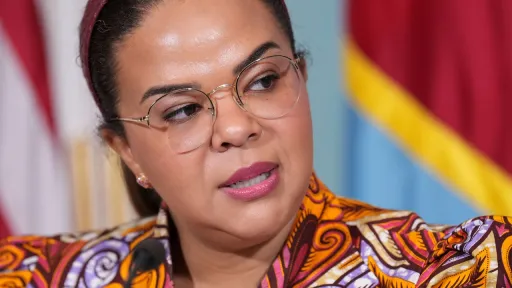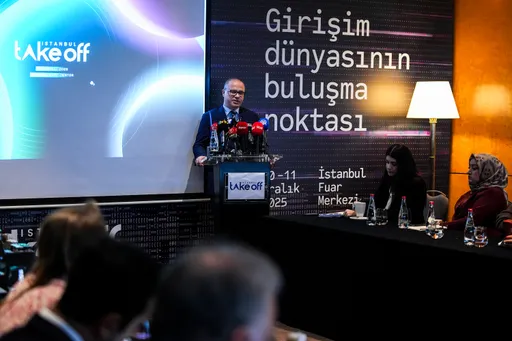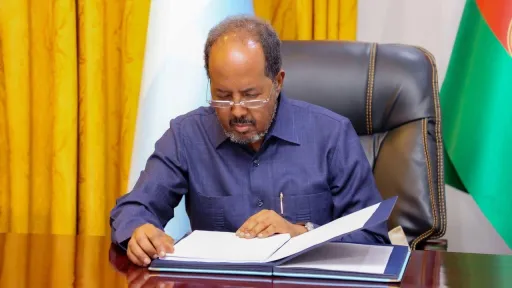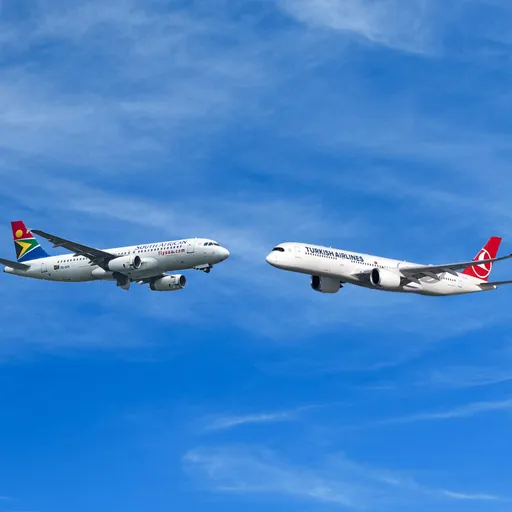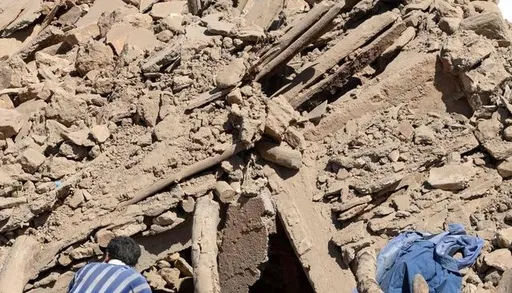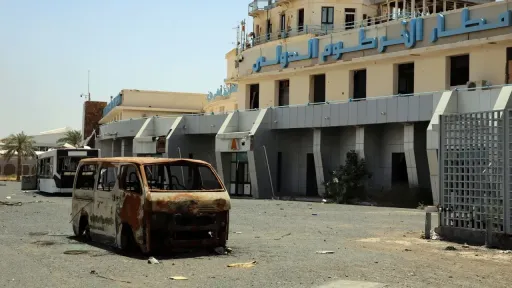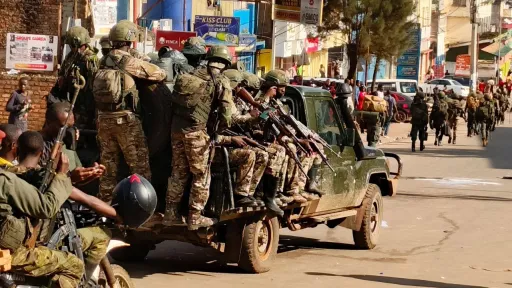By Dayo Yusuf
The East African Community's silver jubilee on November 30 may be a momentous occasion in the history of the region's economic and social integration, but beneath the celebratory salutations lie a reality check of fundamental disparities and unfulfilled aspirations that continue to challenge the bloc's unity and influence.
"Our levels of access to education are different, and so are our economic priorities. There are many more differences, all of which seek a convergence point for this idea of regional cooperation to achieve what it set out to do,’’ Tanzanian businessman Hassan Omar tells TRT Afrika, as he highlights what he feels is a disconnect between policy and purpose.
Boost for business
Omar's thesis isn't all gloomy, though.
"Compared to a few years ago, we are better connected. Lifting visa restrictions for citizens of member states has enabled a lot of us to move freely between countries and expand our businesses," he points out.
The EAC leadership's persistence in pushing intra-regional trade despite bottlenecks saw the quantum of business hit US $10.17 billion, based on data collated till September 2022.
At the recent launch of a commemorative emblem for the bloc's silver jubilee, EAC secretary general Veronica Nduva credited strong political support among the member states for the milestone.
Some of the other major developments in the region include boosting the free movement of goods, services and capital. The EAC has also made strides towards establishing the proposed East African Monetary Union, with plans in place to introduce a single currency by 2031.
Quest for inclusivity
So, is the bloc's stated objective of consolidating its resources for a robust, more vibrant, and open economy spanning the eight member states no longer a mirage?
"The concept of EAC has not sunk in yet at the grassroots," Prof Kenneth Simala, who teaches at Masinde Muliro University of Science and Technology in Kenya, tells TRT Afrika.
"People aren't the same everywhere, and it is the inequality that regional integration is supposed to cure. The goal is to help people benefit from each other — make them feel like they are playing a role and not being exploited."
Omar agrees that any policy initiative only holds meaning if citizens on the ground feel its impact.
"Since the political environment in member countries varies, freedom of expression in one geography could mean something vastly different from what citizens in another part of the region experience. The idea is to bridge that gap," he says.
Prof Simala, a former executive secretary for Kiswahili at the EAC, points to a structural issue as one of the hurdles.
"The challenge we have is that EAC integration is structured top down instead of bottom up. The people of East Africa are supposed to own the process of integration,’’ he says.
"It has become an exclusive affair of the political class, not the citizens."
Call for reflection
The silver jubilee celebration will culminate in a summit of the heads of member states — Burundi, Democratic Republic of the Congo, Kenya, Rwanda, Somalia, South Sudan, Uganda and Tanzania — on the theme, "Promoting trade, sustainable development, peace and security for improved livelihoods".
While the community is generally leaning more towards promoting business and investment among the member states, some analysts see this as a problematic trend.
"Regionalism is evolving worldwide. But the EAC seems caught in the old regional integration narrative, in which everything is centred around trade and markets," Prof Simala tells TRT Afrika.
"Integration is not just about trade or markets; it should be about people, and not necessarily people who are in business, but also people interested in education, culture and oneness."
Experts across the spectrum acknowledge that initiatives by the EAC have created job opportunities and enhanced ease of business for millions of East Africans.
What remains to be done is to make inclusivity central to the theme of regionalism.



